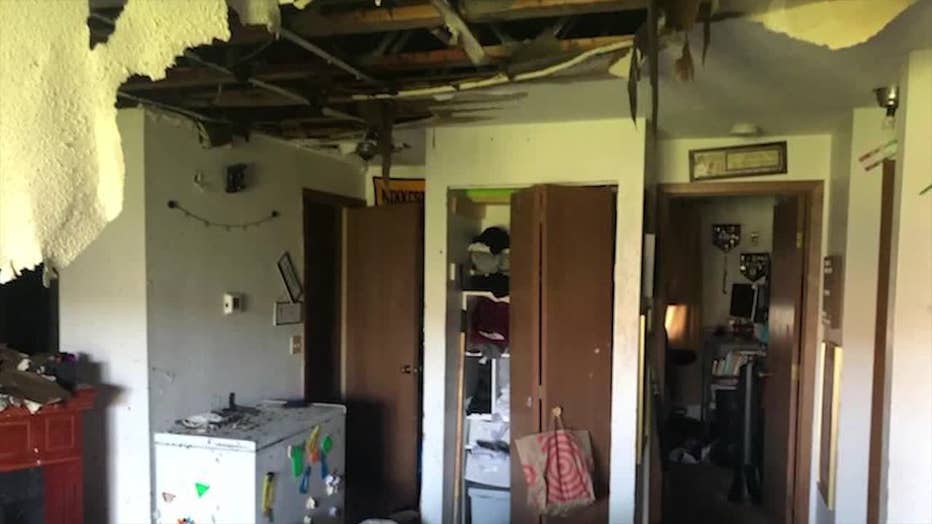New rules for fire safety
New rules for fire safety
Smoke alarms are causing the number of house fires reported in the U.S. to drop.
With smoke alarms becoming more prevalent and better building codes, the number of house fires reported in the U.S. has dropped by half since 1980.
That’s the good news.
The bad news is that the fires that do happen are much deadlier, with the number of deaths rising since 2010.

Consumer Reports explains why, and gives advice on how to protect yourself and your family.
House fires today burn faster and hotter, and they’re deadlier than ever.
But why?
One main reason is time.
Forty years ago, you would have had about 17 minutes to get out of a house on fire.
But today you have just 3 minutes.
So what’s changed? In part, those popular open-plan houses. With fewer walls and doors, fires travel faster and more freely.

Another culprit is today’s furniture.
A lot of homes today have furnishings made with synthetic materials like plastic or particleboard, which burn much quicker than, say, solid wood.
Some classic advice still holds true today.
Have at least one smoke detector and one class "ABC" fire extinguisher per floor of your home, and check them monthly.

CR recommends the dual-sensor alarms from First Alert and Kidde.
Both got perfect scores for detecting both flaming and smoldering fires.
If you need to use an extinguisher, use the PASS method: Pull the pin, Aim the nozzle toward the base of the fire, Squeeze the trigger, and Sweep from side to side.

Other helpful tips: Don’t leave lithium-ion batteries, like the ones for your power tools, charging overnight, and be sure to only use the charger that came with it.
If you have an outlet that doesn’t grip the plug, it’s time to change it.
Replace your worn-out outlets with an arc-fault circuit interrupter, also known as an AFCI outlet.

And have an escape plan in place and rehearse it with everyone in your household.
CR also recommends keeping your bedroom door closed at night. That can help keep fires from spreading.

All Consumer Reports material Copyright 2022 Consumer Reports, Inc. ALL RIGHTS RESERVED. Consumer Reports is a not-for-profit organization which accepts no advertising. It has no commercial relationship with any advertiser or sponsor on this site. Fo

